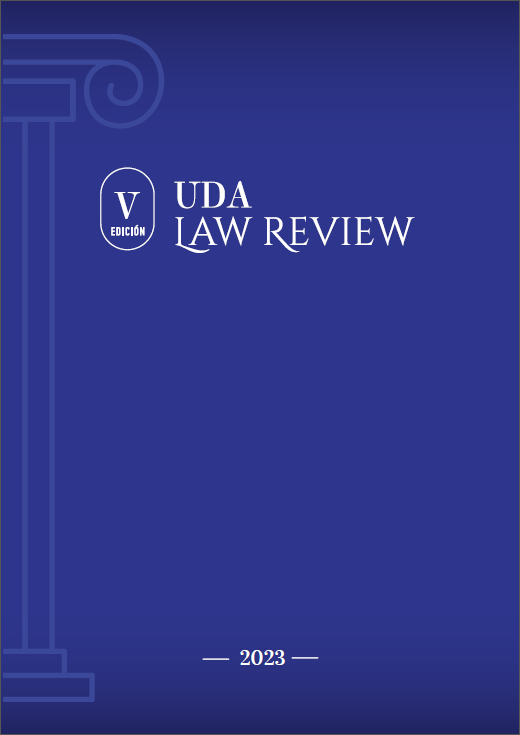Edición genética: titularidad del material genético, la decisión de editar genéticamente al nasciturus y la tecnología CRISPR-Cas9 como amenaza emergente a la autonomía corporal
Parole chiave:
Edición genética, titularidad del material genético, CRISPR Cas9, autonomía corporal, nasciturusAbstract
Las tecnologías de edición genética han llamado significativamente la atención en los últimos años. Una de estas herramientas es CRISPR-Cas9, de máxima trascendencia en los estudios actuales. La importancia de este tema se refleja en el premio Nobel de Química de 2020 el cual se entregó por investigaciones en este campo. Si bien no se había discutido su uso en el ser humano, científicos ya han realizado experimentos de esta naturaleza en personas, trayendo consigo un debate científico como ético. Los mencionados avances exigen igualmente de estudios sobre los aspectos legales de estas herramientas, pues además de ser necesarias las regulaciones para su aplicación, el uso de estas tecnologías presenta nuevos problemas en el ámbito jurídico. El presente tuvo como objetivo determinar la titularidad del material genético y la posibilidad de realizar edición en el genoma, específicamente en el nasciturus. Para ello se realizó un repaso a cuerpos normativos internacionales en el ámbito del genoma humano que permitió establecer la situación
del nasciturus ante estas tecnologías, aspectos generales de su estado regulatorio y las principales exigencias para su aplicación. Finalmente, se reconoció y planteó nuevas problemáticas tales como la amenaza que representan estas tecnologías a la autonomía corporal.
Palabras clave: Edición genética, titularidad del material genético, CRISPR Cas9, autonomía corporal, nasciturus
Abstract
Gene editing technologies have attracted significant attention in recent years. One of these tools is CRISPR Cas9, which is of maximum importance in current studies. Such is the interest in the subject that the Nobel Prize in Chemistry in 2020 was awarded for research in this field. Although its use in humans has not been discussed, scientists have already conducted experiments of this nature on people, bringing with it a scientific and ethical debate. These advances require legal studies on the legal aspects of these tools. The aim of this study was to determine the ownership of genetic materials and the possibility of performing genome editing, specifically on the unborn child. For this purpose, a review of international regulatory bodies in the field of the human genome was carried out to establish the situation of the unborn child with regard to these technologies, general aspects of their regulatory status, and the main requirements for their application. Finally, new problems, such as the threat posed by these technologies to bodily autonomy, were recognized and raised.
Keywords: Genetic editing, genetic material ownership, CRISPR Cas 9, bodily autonomy, unborn child


